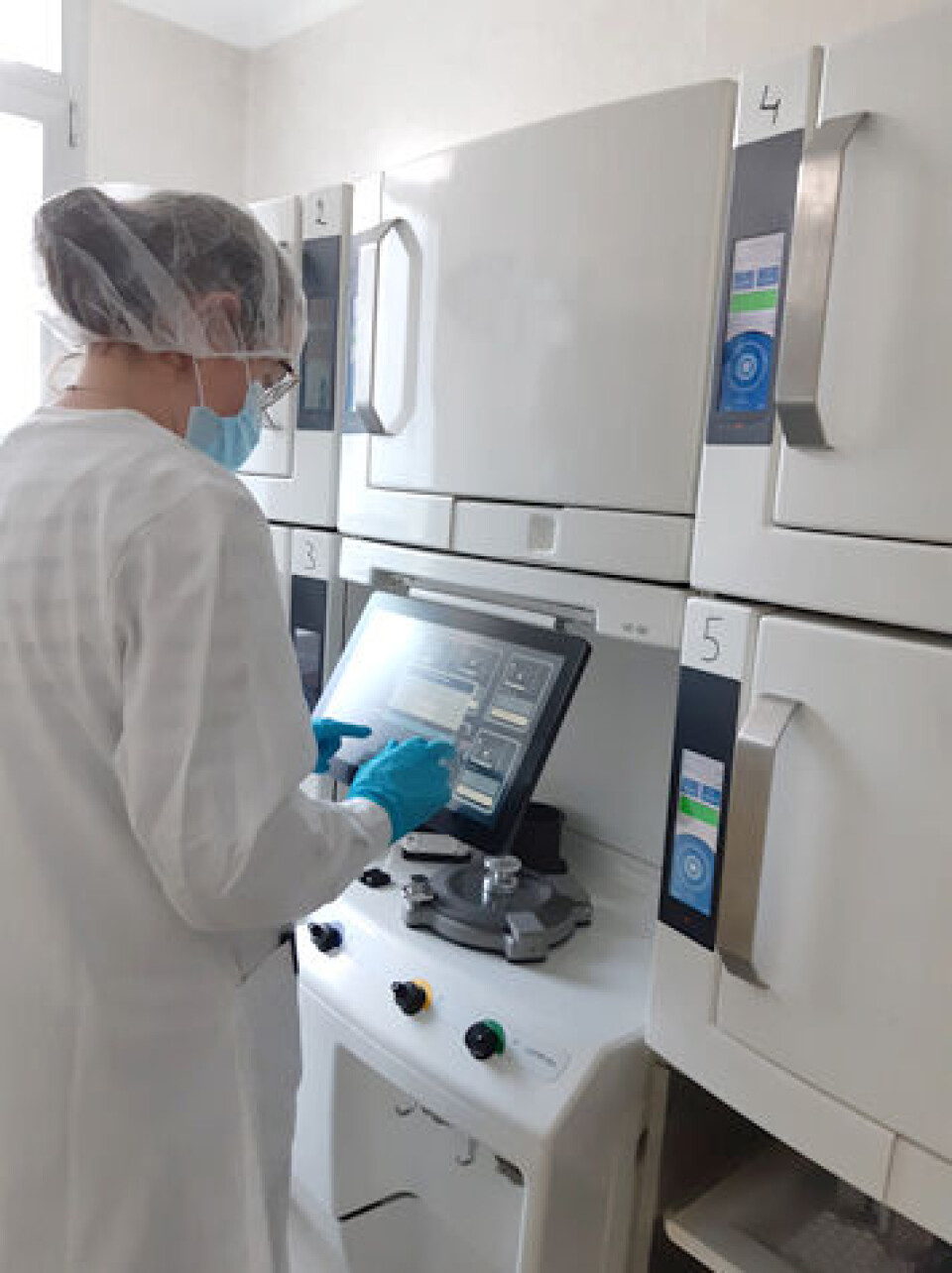-
France considers linking health reimbursements to income to curb deficit
State auditors urge reform as government faces €15.3bn shortfall in 2024
-
QR code to replace paper instructions for 100 medicines in France in new trial
Paracetamol and cholesterol medication to be included in scheme that launches this autumn
-
What to do if your local pharmacy in France is out of stock of your medicine
Pharmacies may be able to direct you to nearby stores where drug is available
French firm pioneers stem cell treatment for heart attack victims
The treatment is aimed at people on transplant waiting lists and helps the heart repair all by itself

A new treatment for heart attack victims using stem cells from their own bodies has been developed by a French company and could be available by 2026.
The firm, called CellProthera, based in Mulhouse, is halfway through the second stage of clinical trials using 50 patients from France and Great Britain.
Spokeswoman Paula Lee told The Connexion: “They are all people who have had severe heart attacks, which have damaged the heart muscles.
‘Never enough donors’
“Usually, they would be candidates for a heart transplant but the problem is that there are never enough donors and each year around 50 people in France die while on the waiting list.”
The first stage of the clinical trials was so promising that the company has been put on an accelerated programme.
Patients in the first stage, all of whom had very bad hearts, found the organ started to repair itself after the injection of stem cells.
After six months, most were able to live lives similar to those before they got sick.
Read more: Walking group helps French heart patients live a normal life again
If all goes to plan, the second-stage trials will end in mid-2023, followed by third stage on a wider patient pool, with full approval in 2026.
Building on research carried out by a team in a Mulhouse hospital, CellProthera developed a machine to incubate the stem cells, called StemXpand, and a ‘cartridge’ called StemPack, which is specific to each patient.
For patients, the treatment process starts with an injection to initiate their bodies’ production of stem cells.
After a week, around 200ml of blood is taken. This is used to harvest stem cells, which are incubated for nine days in the StemXpand machine.
They are then injected directly into the diseased parts of the heart, using a catheter inserted in a vein. Called CD34+, the stem cells stimulate the flow of blood to the damaged area, leading to a natural regeneration.
80,000 heart attacks each year
In France, around 80,000 people have heart attacks each year and 12,000 of those die quickly.
Another one in 10 dies in the hour following the attack, and 15% of survivors die within a year of the attack.
The patients that CellProthera is trying to help are the 30%, approximately, who survive the initial heart attack but whose heart muscle, deprived of oxygen during the attack, gets weaker and weaker, often leading to death in five years unless the heart is replaced.
Other conditions might also be treated using the same technology, including angina, strokes and arthritis in the knee.
The most advanced to date is the angina treatment, which has nearly completed the pre-clinical stage of research.
‘Cheaper than a heart transplant’
Funding has come from venture capitalists and from the French state via loans from the Bpifrance public investment bank.
When full approval is given, the company will start to make money by selling the StemXpand machines and cartridges to hospitals.
“Getting the money in is never easy, but we are confident we will get through to the stage where we can start to sell the technology,” said Ms Lee.
“We cannot say yet what the cost per patient will be but it will be much cheaper than a heart transplant.
And it is a ‘one-shot’ treatment – there is no need to take anti-rejection drugs for the rest of your life.”
Related articles
Explainer: French healthcare terms that are useful to know
How to find a doctor in France who speaks good English
French hospitals find fun way to ease children's operation stress
























